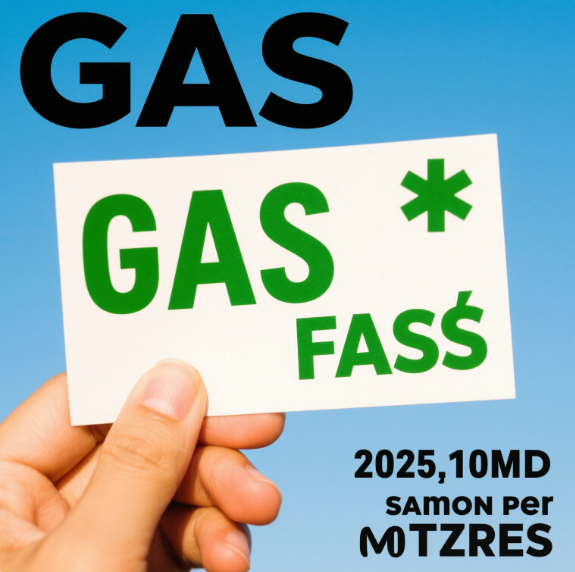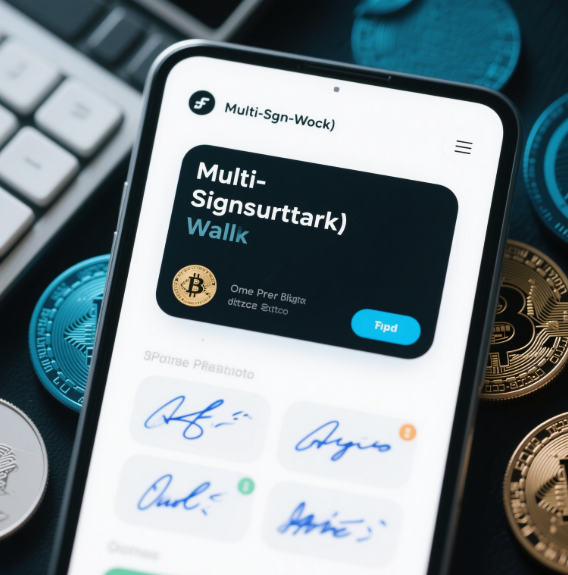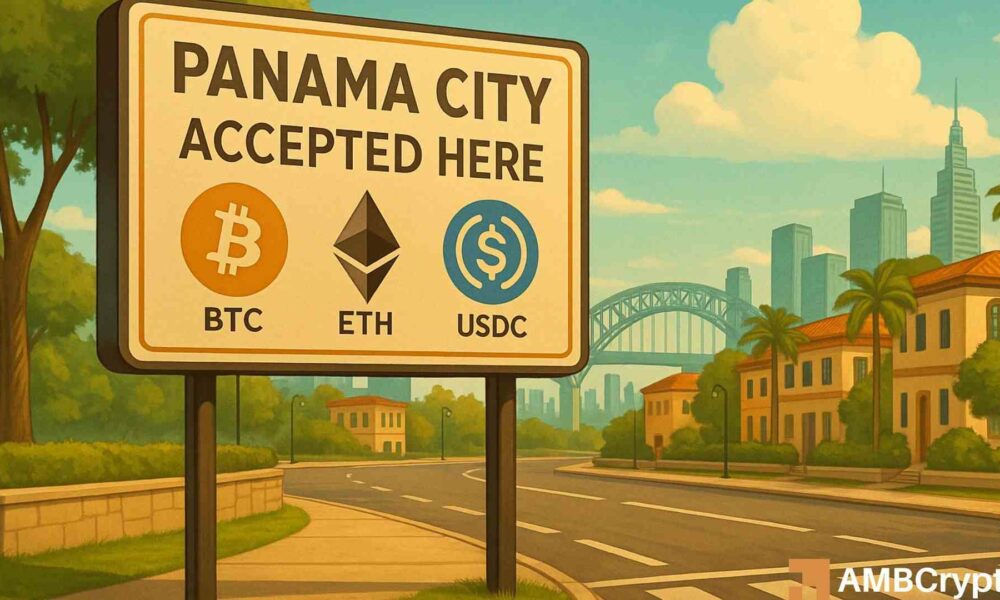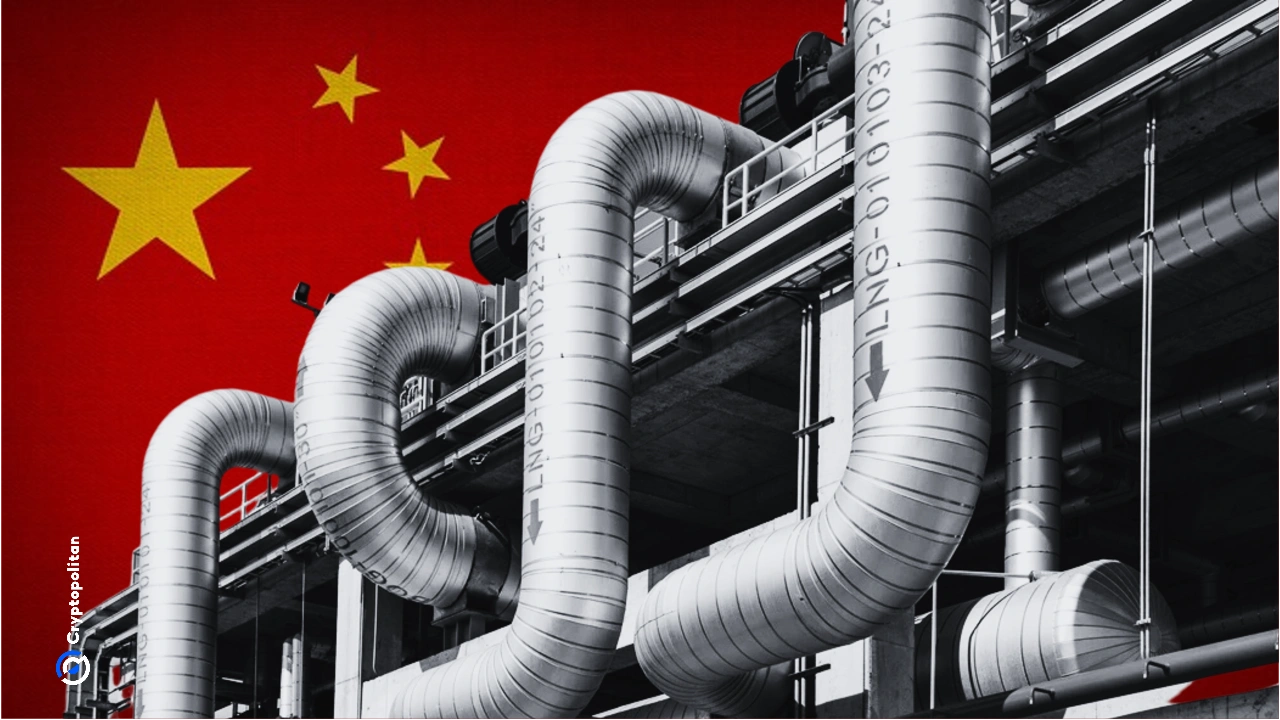Fellow cryptocurrency enthusiasts, when conducting virtual currency transactions, have you ever encountered a situation where you're excitedly about to transfer coins from one wallet to another, only to find that you have to pay a Gas fee? What exactly is this Gas fee? And why is it required for transfers? Today, let's delve into this topic in detail.
What is a Gas Fee?
Simply put, a Gas fee is like a "toll" in the virtual world. On blockchain networks such as Ethereum, every transaction or execution of a smart contract consumes a certain amount of computing resources. The Gas fee is the charge to compensate for the use of these computing resources. It's similar to paying a toll when driving on a highway to maintain the construction and operation of the road.

Why is a Gas Fee Required for Wallet Transfers?
Ensuring Network Security
A blockchain network is a decentralized system without a central authority to manage and verify transactions. Each transaction needs to be verified and recorded by nodes in the network, which consumes computing resources. Charging a Gas fee incentivizes nodes to actively participate in transaction verification, ensuring the security and stable operation of the network. Without Gas fees, nodes would have no motivation to verify transactions, which could lead to network chaos and delayed transaction processing.
Preventing Network Congestion
In a blockchain network, without the constraint of Gas fees, a large number of invalid or malicious transactions could flood the network, causing congestion. Charging a Gas fee increases the cost of transactions, making users more cautious when initiating transactions and only sending necessary ones. This effectively reduces the number of transactions in the network, avoiding congestion and ensuring the smooth progress of normal transactions.
Supporting Smart Contract Execution
Smart contracts are an important application of blockchain technology. They can automatically execute contract terms without third - party intervention. However, executing smart contracts also consumes computing resources. Gas fees provide economic support for the operation of smart contracts, ensuring that they can be accurately executed according to predefined rules.
How is the Gas Fee Calculated?
The calculation of the Gas fee mainly involves two factors: the Gas price and the Gas limit. The Gas price refers to the cost per unit of Gas, usually measured in Ether (ETH). The Gas limit is the amount of Gas required to complete a transaction or execute a smart contract. The formula for calculating the Gas fee is: Gas fee = Gas price × Gas limit.
The Gas price is determined by market supply and demand. During network congestion, users are willing to pay a higher Gas price to have their transactions processed quickly. When the network is idle, the Gas price is relatively low. The Gas limit depends on the complexity of the transaction. Generally, simple transfer transactions require less Gas, while complex smart contract executions require more.

How to Reduce Gas Fees
Choose the Right Transaction Time
As mentioned earlier, the Gas price is affected by network congestion. Therefore, conducting transactions during off - peak hours can lower the Gas price and reduce the Gas fee expenditure. Generally, late at night or early in the morning when the network is relatively idle is a good time for transactions.
Optimize Transaction Parameters
When initiating a transaction, you can adjust the Gas price and Gas limit according to the actual situation. For non - urgent transactions, you can适当 reduce the Gas price to save costs. However, be aware that setting the Gas price too low may result in long - term unconfirmed transactions or even failures.
Choose Other Blockchain Networks
Different blockchain networks may have different regulations regarding Gas fees. If the Gas fees on the Ethereum network are too high, you can consider using other blockchain networks with lower fees for transactions.
In conclusion, Gas fees play a crucial role in virtual currency transactions. Although they increase the cost of transactions, they are essential for ensuring network security, preventing congestion, and supporting smart contract execution. As cryptocurrency investors, understanding the relevant knowledge of Gas fees can help us conduct transactions more effectively and avoid unnecessary losses. I hope today's sharing will be helpful to you!

















No comments yet